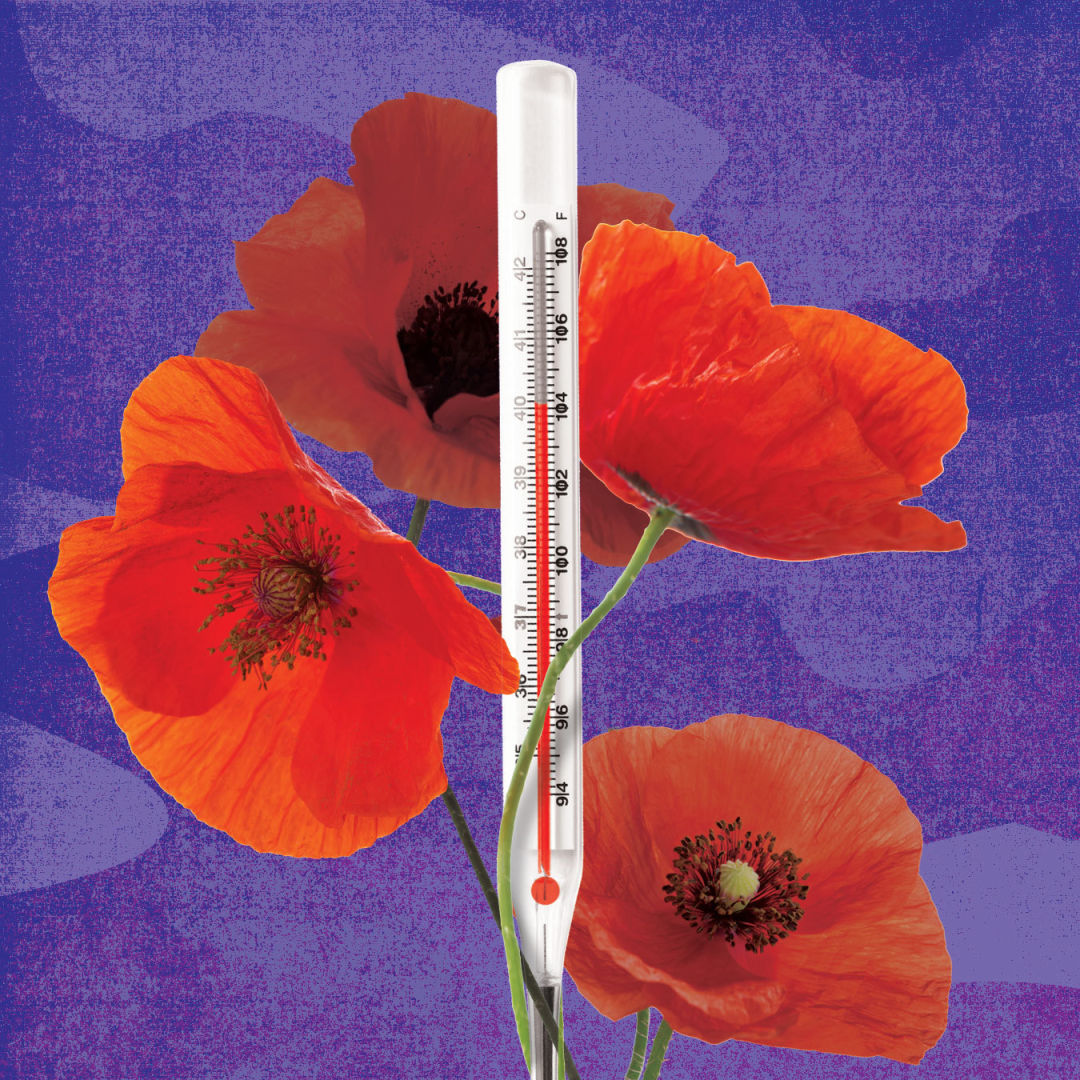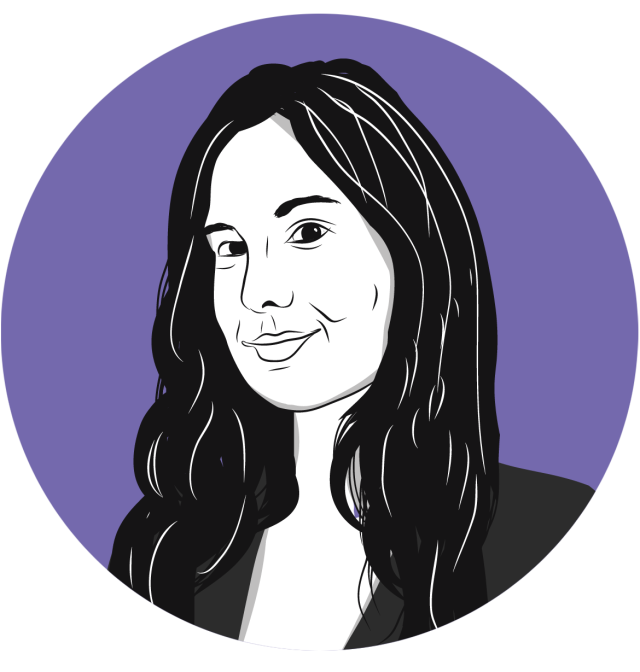What a Virus Taught Me About Uncertainty

Image: Nate Bullis
Five years ago, on a trip home from New York for the holidays, a fever bloomed across my cheeks and glazed my eyes. As I lay in bed, a profound malaise spread through my bones—an echo from deep within my body saying No, no, no, there has been some very bad mistake.
I assumed I’d gotten the flu and rested until it left. And it did—for a while. But since then, a version of the symptoms has erupted roughly every two weeks, at first as suddenly as a record skipping. Back in New York, I’d be out with friends, or at work, or at the library when my internal architecture would start to collapse.
Doctors said it was “just stress” and, after I pressed, ran a battery of tests with no notable results. I saw a dozen specialists, and I wish I could diagram the contradictions in their answers about what we do and don’t know about viruses, how good or bad various tests really are. I came away not with total distrust of the medical establishment, but more awareness of its chasm of unknowing.*
In the absence of a definitive diagnosis, I’ve had to live with uncertainty. Now in Seattle, my body has become an unreliable narrator: Tasks that are easy on some days, like climbing the hill from Broadway to my house, are impossible on others. I’ve had to downshift my responsibilities and explain to friends that I might need to cancel any plans we make.**
I don’t believe things happen for a reason, but that humans can choose to learn from difficult experiences. My virus punctured the illusion that we’re ever fully in control of our bodies or our lives. Chronic illness is like spiritual boot camp for uncertainty, but precariousness is fundamentally human. Our society promotes the idea that we can invent or invest our way out of any difficulty, but our mortal bodies have limits.

Bess Lovejoy wrote Rest in Pieces. She is a former editor at Schott’s Almanac, Mental Floss, and Smithsonian.com. Her writing has appeared in The New York Times and elsewhere.
Image: Jane Sherman
Grappling with that truth yields gifts. I’ve gotten better at figuring out what’s most important in a day, a week, a life. When the coronavirus pandemic began to unfold this spring, I was shaken, but not by revelations of human frailty. While some of my response stems from a familiarity with loss, I think of it as less about absence than presence—the development of an internal apparatus that can weather storms.
As the future becomes harder to see, the present expands to fill its place. In late March and April, I took long walks through the city, my eyes drinking in the colors of the wildflowers. Without certainty or the ability to plan, all I had was the moment—which is all any of us ever have for sure.
*In desperation, I also consulted a homeopath, who told me I had a “tubercular miasma,” and a psychic, who told me to make my own yogurt.
**Eventually I found a naturopath who helped with some symptoms that arose alongside virus “relapses.”




